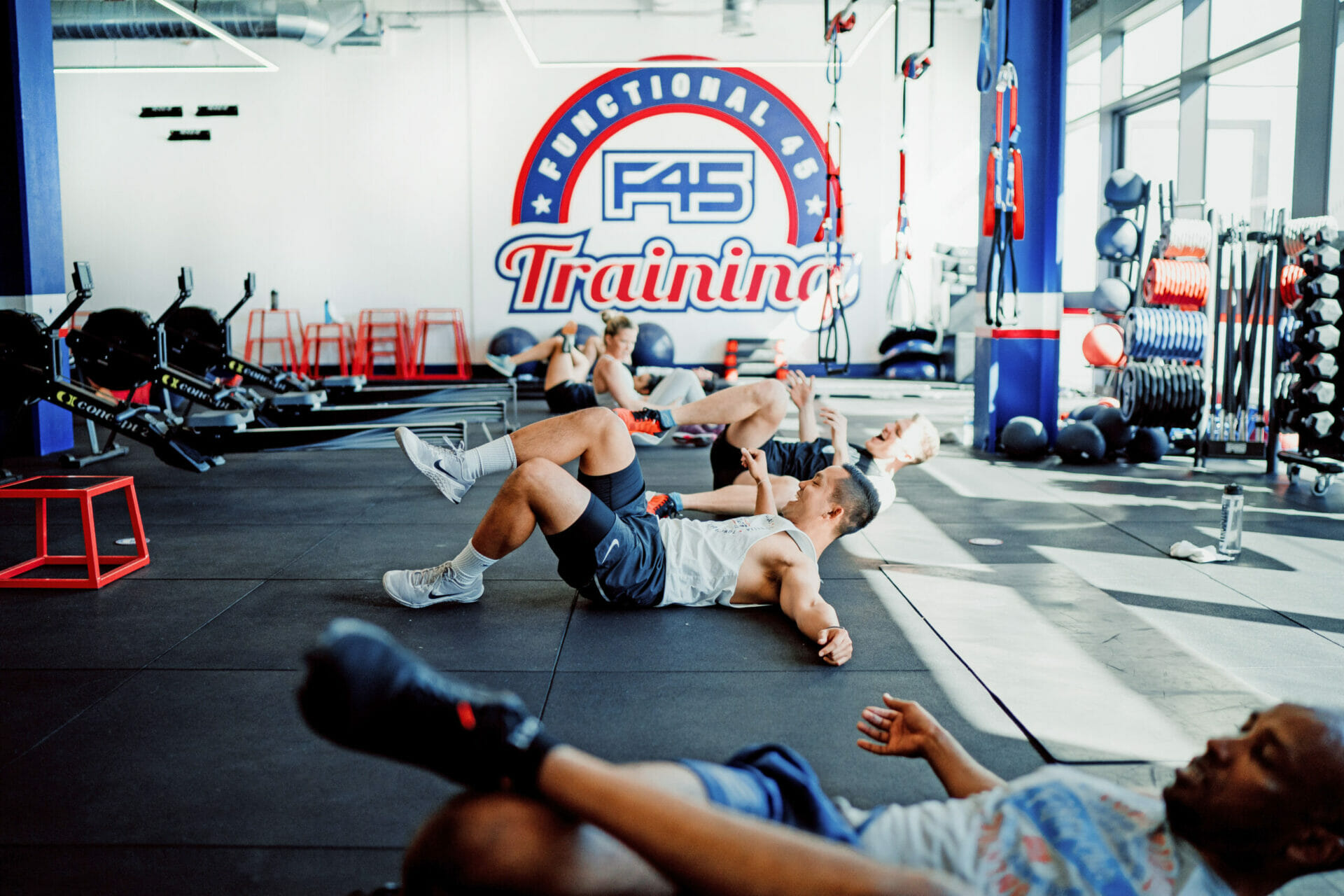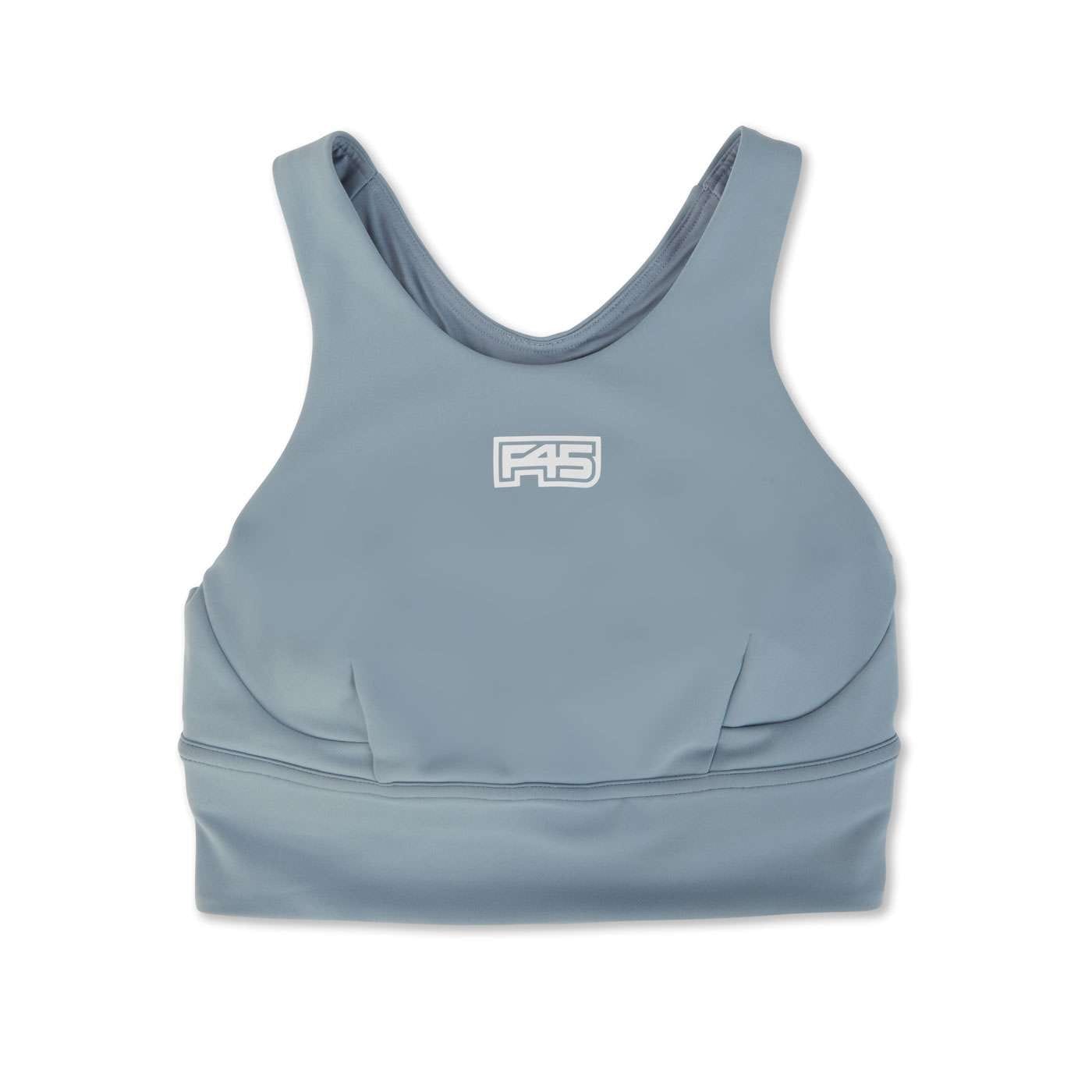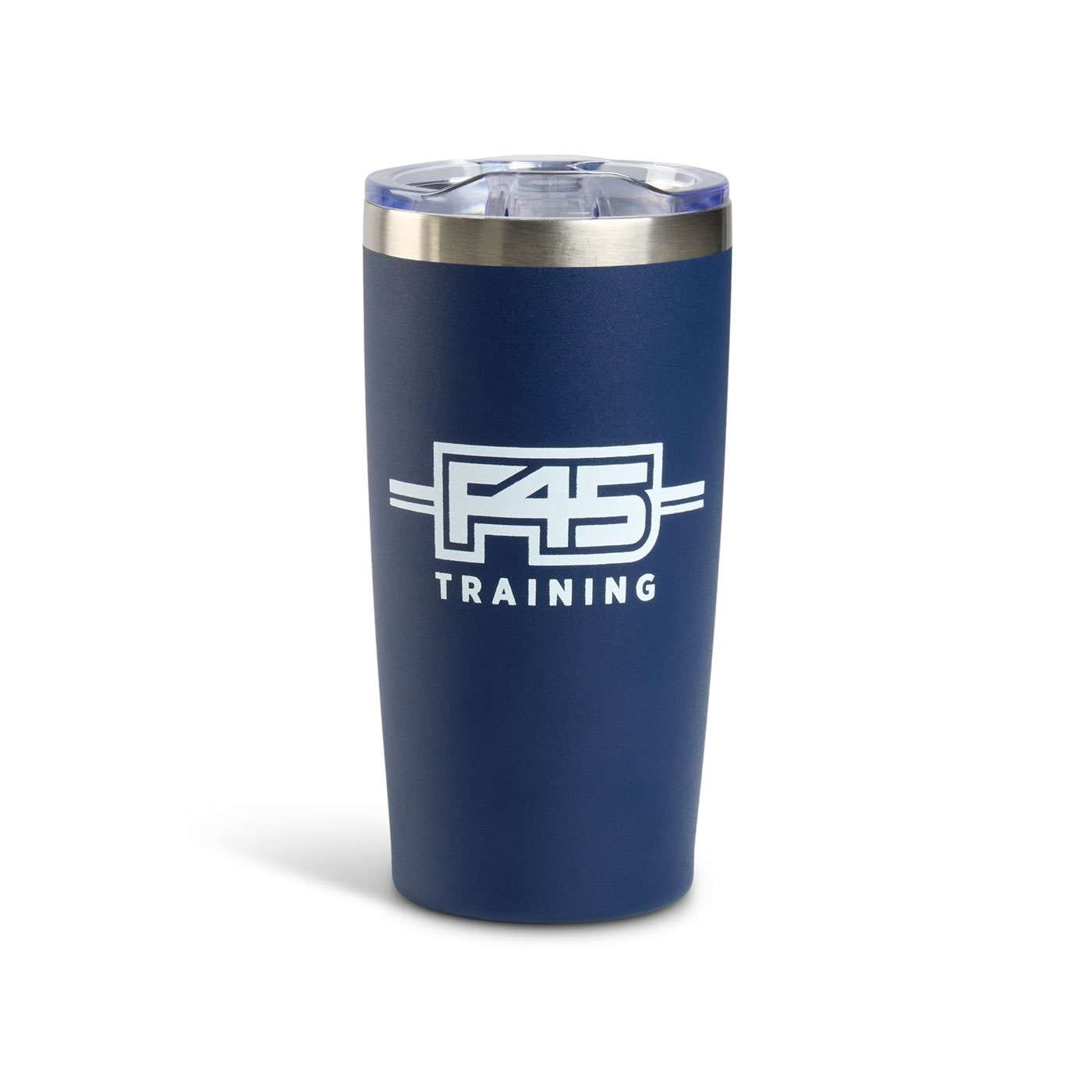
Wellness QA
Kim Bowman, F45 Challenge Nutritionist
As we head into the final phase of F45 Challenge, F45 Challenge Nutritionist Kim Bowman has a few pointers on the importance of optimizing rest and recovery over these next 15 days.
Putting your best effort forward during workouts is important but we need to also prioritize recovery after each workout including stretching, quality pre and post nutrition, and adequate sleep.
Optimal rest and recovery is essential to ensure training adaptations can occur while also preventing training plateaus, injury, overtraining, and burnout!
What is burnout and why should we watch out for it?
Burnout is defined as the peak of complete physical or mental exhaustion that occurs when the body has been under consecutive stress without adequate recovery time.
What is it important to avoid overtraining?
Overtraining leads to fatigue, which can make us more susceptible to injury as a result of poor training technique. We may also experience a decline in training intensity which can lead to ‘training plateau,’ limiting our ability to see positive adaptations and results in terms of fat loss and muscle development.
What are some body signals to watch out for that indicate we may be experiencing burnout?
- Chronic fatigue and poor sleep
While we may think overtraining would cause us to feel more tired and therefore cause us to get more sleep, in fact the opposite is true. When we approach burnout it not only becomes extremely difficult to fall asleep but we can also experience disrupted sleep. This lack of quality rest causes us to feel tired and lethargic throughout the day.
- An increase in Resting Heart Rate
Resting Heart Rate (RHR) is the number of heart beats per minute (bpm) while at rest and is a key metric to monitor signs of overtraining. You can monitor RHR using a wearable fitness tracker or take it manually each morning by placing your index and middle finger along your neck (or at your wrist below your thumb), counting the number of beats over 30 seconds, then doubling this number to get an estimate of RHR. For best results, be sure to take RHR first thing in the morning upon waking up as this is when your body is typically in its most rested state. Kim recommends measuring RHR at least a week before starting Challenge Phase 4. This allows you to establish a baseline value to use as an overtraining monitoring reference and will ensure you’re getting sufficient rest and recovery throughout this final Challenge phase.
- A lack of training motivation and focus
Once you’ve reached a burnout peak, not only do we feel less motivated but we can also start to become less focused during our workouts and throughout the day. You may lack a sense of accomplishment after completing a workout or your motivation to put in any training effort is essentially zero to none.
What are some strategies to prevent overtraining, burnout, and training plateau?
After a workout you’ll want to ensure you’re maximizing quality pre and post workout nutrition along with a consistent post-workout stretch routine for at least 10-15 minutes. Additionally, adequate sleep each night for at least 7-8 hours is essential for recovery and will ensure training adaptations take place. Recovery is key for boosting metabolism and allowing lean muscle development and fat loss to occur.
For more info about overtraining, burnout, and the importance of rest and recovery, be sure to check out more articles in the Challenge Portal.













